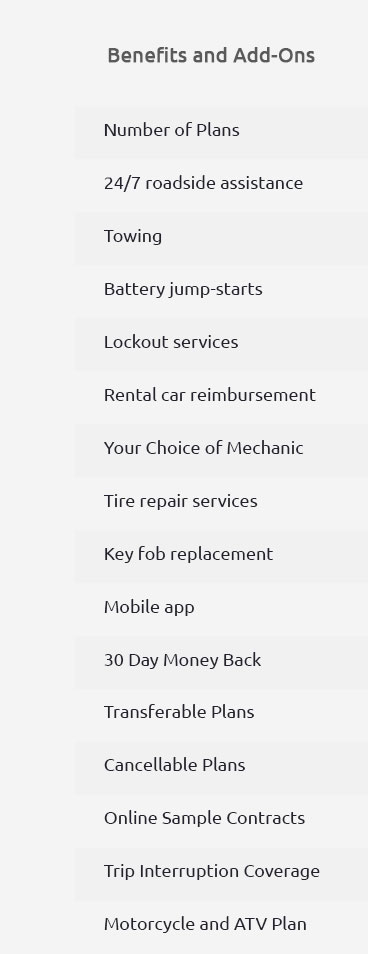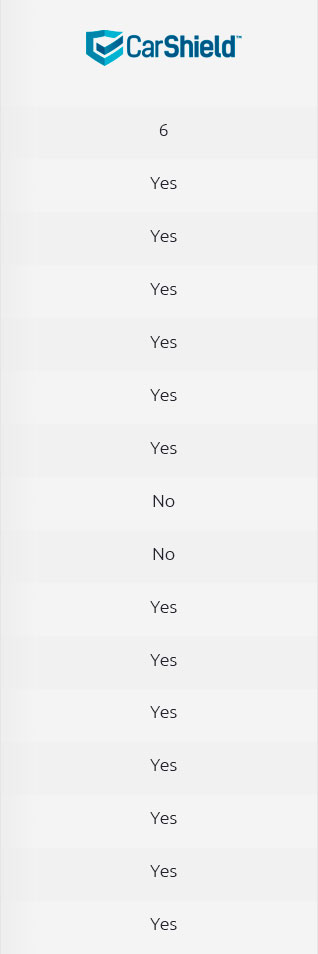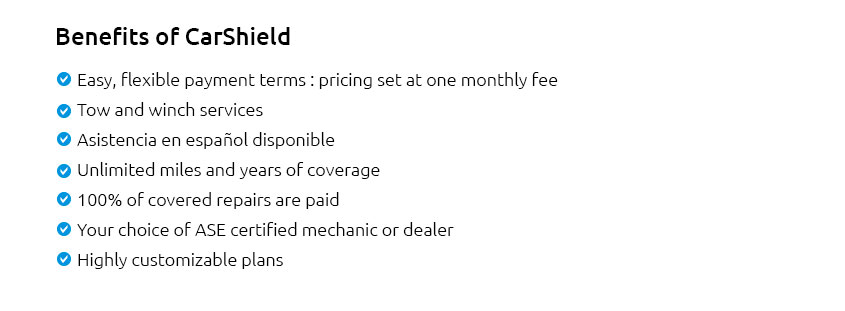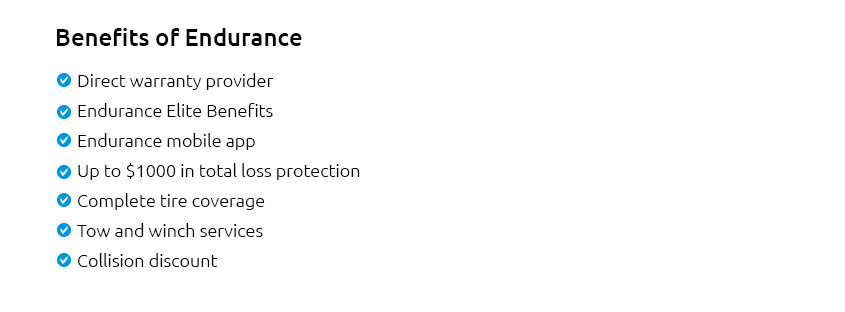 |
 |
 |
Select your vehicle to see available coverage options:
 |
 |
|||
 |
|||
 |
 |
 |
|
 |
|||
 |
|
 |
|
 |
|
 |
|
 |
|
 |
|
 |
|
 |
|

Powertrain Insurance Coverage GuidePowertrain insurance offers peace of mind by covering essential components of your vehicle, saving you from unexpected repair costs. For U.S. consumers, understanding this type of coverage is crucial for maintaining vehicle reliability and financial stability. Let's dive into what powertrain insurance is, its benefits, and how it can be a smart investment for your vehicle. What is Powertrain Insurance?Powertrain insurance is a type of extended auto warranty that specifically covers the engine, transmission, and drivetrain of your vehicle. These components are vital for the vehicle's operation, and repairs can be costly. With powertrain insurance, you have financial protection against these potential expenses. What's Included in Powertrain Coverage?
By covering these crucial components, powertrain insurance ensures your vehicle remains in top condition without breaking the bank. Benefits of Powertrain InsurancePeace of Mind: Drive with confidence knowing that your vehicle's most expensive components are covered. Cost Savings: Avoid high repair bills that can arise from unexpected mechanical failures. Extended Vehicle Life: Regular maintenance and repairs covered by insurance can extend the lifespan of your vehicle. For instance, if you're living in Texas and frequently drive long distances, having powertrain insurance could be a lifesaver, reducing the risk of out-of-pocket expenses on major repairs. Is Powertrain Insurance Right for You?Consider your vehicle's age, mileage, and your driving habits. If you own a used car, exploring warranty coverage for used car options can provide additional insights. Powertrain insurance is particularly beneficial if:
For those who frequently travel or use their vehicle for work, the investment in powertrain insurance can quickly pay off. Frequently Asked QuestionsWhat is the cost of powertrain insurance?The cost of powertrain insurance varies based on factors such as your vehicle's make, model, age, and mileage. Generally, prices range from a few hundred to over a thousand dollars per year. It's wise to compare different plans and consider options like ford esp extended warranty to find the best fit for your needs. Does powertrain insurance cover routine maintenance?No, powertrain insurance typically does not cover routine maintenance such as oil changes, tire rotations, or brake pads. It's designed to cover unexpected mechanical failures of the powertrain components. Can powertrain insurance be transferred if I sell my car?Yes, many powertrain insurance policies can be transferred to a new owner, which can increase the resale value of your vehicle. It's important to check with your provider for specific terms and conditions. https://cars.usnews.com/cars-trucks/advice/powertrain-warranty
A powertrain warranty covers the most expensive components of your car's powertrain: the engine, transmission and driveshaft. https://www.chase.com/personal/auto/education/maintenance/powertrain-warranty
A powertrain warranty can help provide financial protection for some of the most crucial and expensive equipment on your car. Without warranty coverage, repairs ... https://www.carchex.com/content/what-does-a-powertrain-warranty-cover/
How Long Does a Powertrain Vehicle Protection Plan Last? Powertrain coverage typically lasts five years or 60,000 miles, whichever comes first.
|